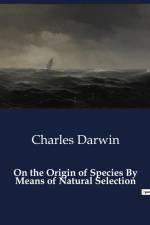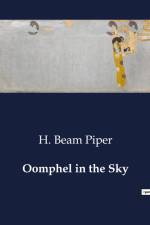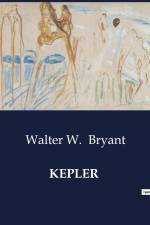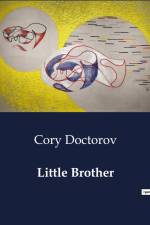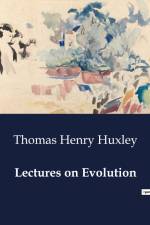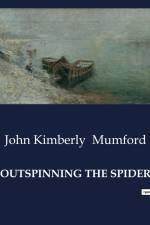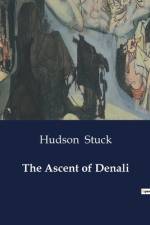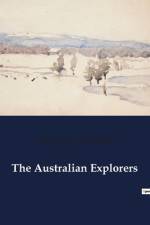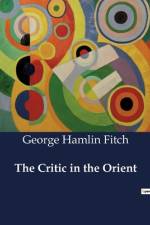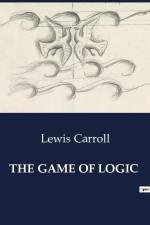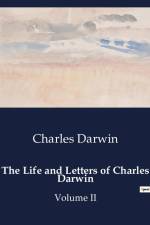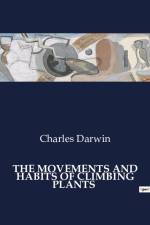von John Lubbock
9,99 €
For some years, much of my leisure time has been devoted to the study of the anatomy, development, and habits of the Annulosa, and especially of Insects, on which subjects I have published various memoirs, chiefly in the Transactions of the Royal, Linnæan, and Entomological Societies: of these papers I subjoin a list. Although the details, of which these memoirs necessarily for the most part consist, offer little interest, excepting to those persons who are specially devoted to Entomology, still there are portions which, having reference to the nature of metamorphoses and to the origin of insects, are of a more general character. I have also briefly referred to these questions in a Monograph of the Collembola and Thysanura, recently published by the Ray Society, and in the Opening Address to the Biological Section of the British Association at Brighton in 1872. Under these circumstances, it has been suggested to me that a small volume, containing, at somewhat greater length, in a more accessible form, and with the advantage of illustrations, the conclusions to which I have been led on this interesting subject, might not be altogether without interest to the general reader. The result, which has already appeared in the pages of _Nature_, is now submitted to the public, with some additions. I am well aware that it has no pretence to be in any sense a complete treatise; that the subject itself is one as to which our knowledge is still very incomplete, and on which the highest authorities are much divided in opinion. Whatever differences of opinion, however, there may be as to the views here put forward, the facts on which they are based will, I believe, be found correct. On this point I speak with the more confidence, on account of the valuable assistance I have received from many friends: to Mr. and Mrs. Busk and Dr. Hooker I am especially indebted.

